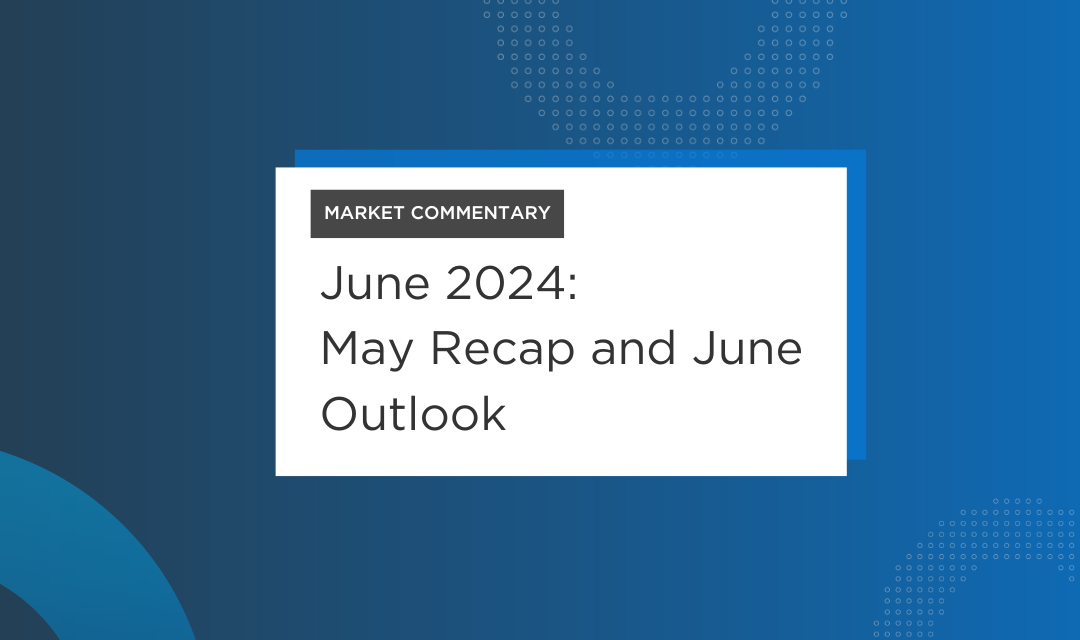Investing Do’s and Don’ts
With contributions from Harrison MacDonald
If you’ve thought about investing but have no idea how to get started, you’re not alone. Investing isn’t something taught in our high school curriculum so by the time you’re a little older and earning money, the whole concept can be quite intimidating.
Many of us opt to disengage altogether assuming investing is just too complicated and as we continue to get older, still understanding so little about this as an income-generating mechanism. So, it’s not uncommon to be in flux over investing. Below are some basics you should know before you get started.
Start as early as you can
You can invest at any age, but most financial advisors will tell you that the earlier you start, the easier it will get for you. That’s because investment is a learn-as-you-go opportunity. You can read, study and analyze as much as you want, but unless you’re actually practicing what you’re studying, you’re not understanding.
You may start out investing a little in the beginning, but as you’re learning the system and how the different sectors work, you might decide to take more chances or opt to invest regularly. The more involved you get with investing, the more you learn. Remember to ask questions along the way and never assume anything.
Make a plan
Establish an investment plan. In this plan, consider why you’re investing or your goal for investing, how long you’re investing for, how much money you’re able to invest, and how much you can tolerate to lose. Knowing this information before you even start, will help guide the investment decisions you’ll need to make.
Become familiar with the term “diversify”
Diversifying your investment portfolio is the strategy of investing in more than one type of investment fund. Rather than just stocks, you may also want to invest in bonds or mutual funds. The same goes for the market. For example, imagine investing all your money in the automobile industry, only to learn that because of supply chain issues automobile manufacturers were not able to do their jobs and a huge layoff took place. That would be devastating for your investment. When you diversify, you have options should one of your entities perform poorly. Diversifying can help you protect your losses. While one entity may be performing badly, another may be doing extremely well.
Focus on the long-term
Investing might be done best when you focus on the long-term. Being financially prepared for retirement takes many years of planning. It’s best to start as early as possible to allow your investments to work for you over the long term. Long-term investing may be more stress-free and allows your investment to make a larger impact. Imagine starting to invest for the long-term at 25 years old. Many stocks will go up and down during those years of investing, but the longer you invest, the more time you’ll have to recoup your funds and continue to grow. Starting at a young age gives you decades to work towards your retirement goal.
The less time you give yourself to achieve your investment goals, the more stressful the investment opportunity. Your investment is much riskier when you have less time to reach your goal because there’s not much time to recoup any losses. It’s rare you will net a big return over a short period of time. Consider focusing on the long-term when investing.
Review your accounts regularly
It’s important to regularly review your accounts when investing. As your personal financial situation changes so may your investment strategy. Your personal financial situation affects your risk tolerances. Your strategy may need to change from time to time, but it’s okay if you’re working toward meeting your goal.
Also, if you have a diverse portfolio, it’s important to know that things will likely go up or down at some point. It’s a good idea to check your accounts quarterly, or at least once a year to keep up with how your investments are performing. This will help you to know if you need to realign or make any changes.
Reinvest
History has proven that reinvesting dividends from equities can help you obtain your financial goals sooner, and you may even enjoy tax benefits along the way. This might help with regularly investing and could make a huge overall difference in your return.
Seek help when needed
Sometimes no matter how much due diligence you attempt, you just need help making sense of it all. Your hard-earned money is on the line, and you want to ensure you’re making the best decisions for your situation. Seeking experienced financial advisors in the field that can help guide you in the right direction makes sense and is often needed. Schedule your no-obligation consultation with TCG Advisors today to ask all your questions.
Never do this when investing
Investing has a varying level of risk. Know that you’ll likely lose money along the journey, but that doesn’t mean you should quit altogether. Here’s some advice on what not to do when you’re feeling the stress of investing.
Never let your emotions guide you
When your money is on the line, so much is at stake; so much so that it can affect your emotional wellbeing. When investing it’s important to keep a level head. That being said, when the situation seems dire, it’s important to take a step back to assess what’s happening. Recent history reminds us that nothing is guaranteed, and circumstances change daily.
But remember to not get too emotional. It’s important to fully examine the situation to see how your investments are doing. Before taking any action, understand what’s happening and what it all means. Also remember that when you’re investing for the long-term, things have time to turn around.
Consult with your financial advisor if you have one, or speak with someone you’re familiar with that’s knowledgeable on investing before making any decisions. It’s normal to want to make changes as you go. Just don’t let your emotions of the day cause you to make financial decisions you’ll regret later.
Never forget the bigger picture
Certain world events can definitely drive your investment decisions. For instance, knowing the world is about to go into a recession may cause some people to cash everything in or sell, sell, sell, without giving it much thought. But it’s important to focus on the bigger picture. Remember the goals you set and the reason for investing. If this is long-term investing, chances are things will turn around soon enough to get your finances back on track.
Review your investments regularly and study the history of the sectors or markets you’ve invested in to see how they’ve performed under similar circumstances. You also want to consider future potential over past performance.
Never forget why you’re investing. Your goals are the bigger picture. Every decision you make should reflect how it impacts your goal.
We hope this blog has given you some things to think about and wanted to remind you that all investing involves varying levels of risks and while the ideas above are a great starting point there is a lot to know and understand about investing. The list above is not all inclusive of items you should know, we recommend before you invest you talk with a professional that can help you build a plan for where you should start.
Disclosure:
Investment advisory services offered through TCG Advisors, an SEC registered investment advisor. Insurance Services offered through HUB International. Tax services offered through RPW Solutions.
Although the information in this blog has been compiled from data considered to be reliable, the information is unaudited and is not independently verified.
Different types of investments and investment strategies (including the investments purchased and/or investment strategies devised by Advisor) involve varying degrees of risk, including the complete loss of principal invested, and there can be no assurance the future performance of any specific investment, investment strategy or product detailed in this report will increase in value, be profitable or equal any corresponding indicated historical performance level(s).
TCG Advisors does not provide tax, legal or accounting advice. This presentation was prepared for information purposes only, and is not intended to provide, and should not be relied on for, tax, legal or accounting advice. You should consult your own tax, legal and accounting advisor before engaging in any transaction. TCG.35.2022
Financial assistance is available! Get matched with a Financial Advisor:


